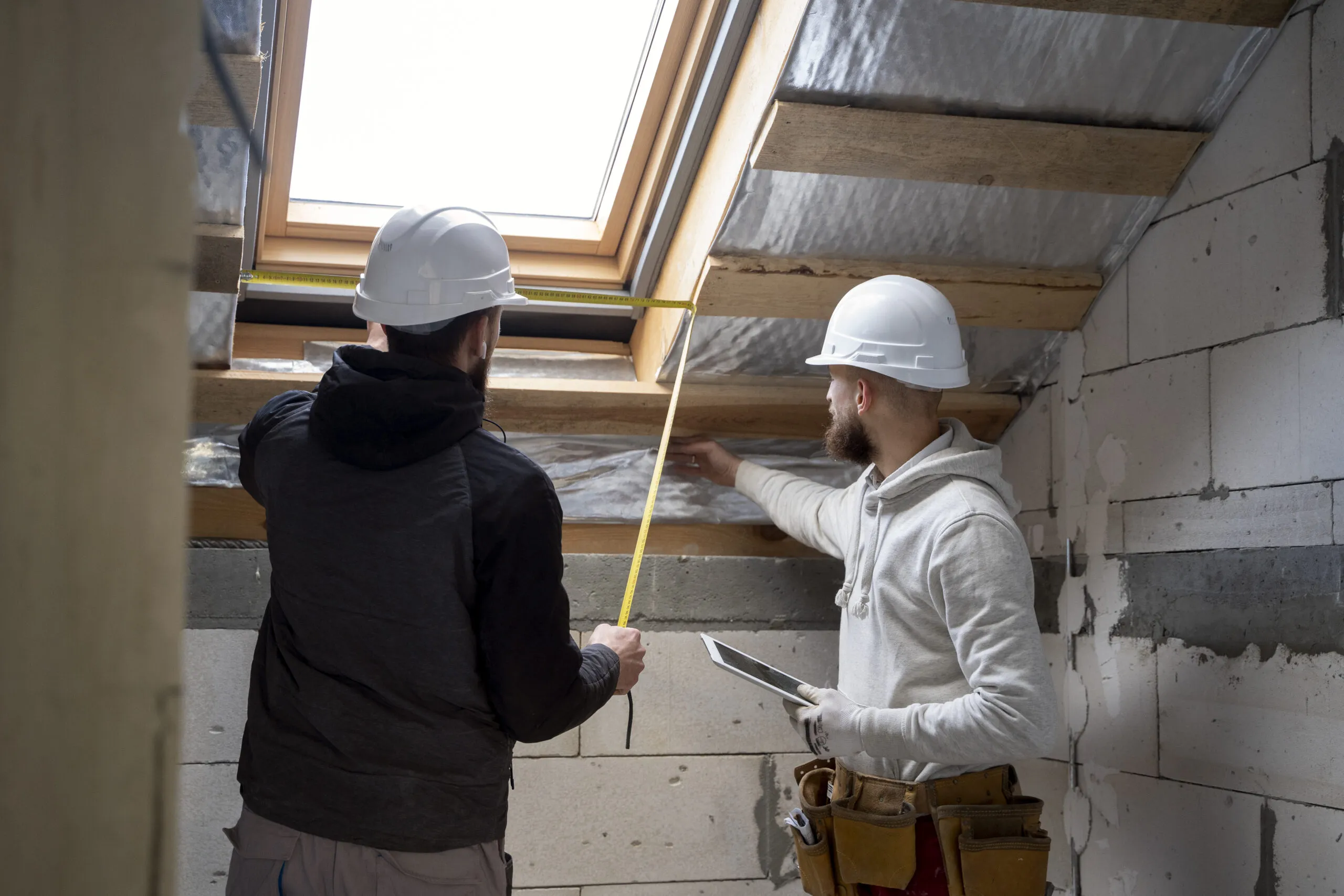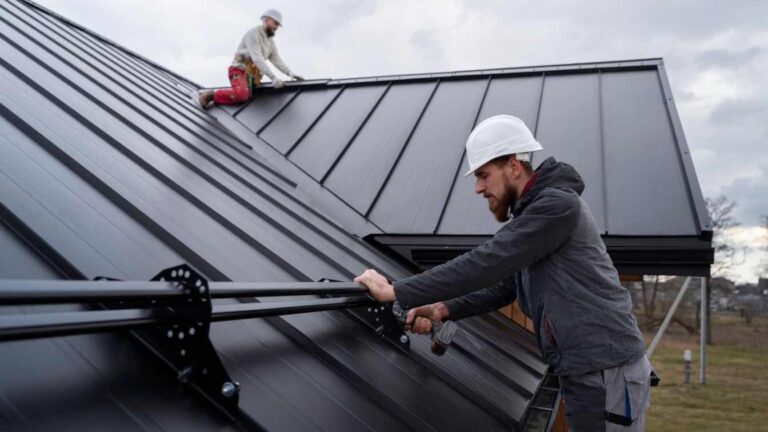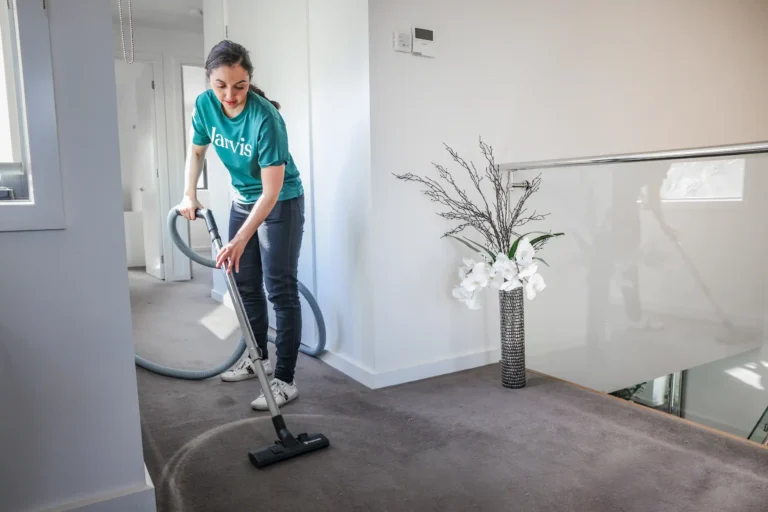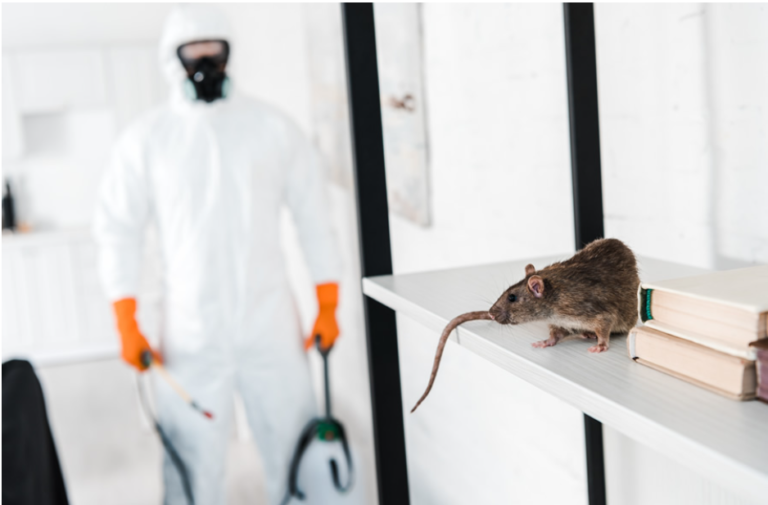How Can Proper Insulation Improve Your Heating Or Cooling Efficiency?
It is essential to maintain your home’s temperature at a comfortable level throughout the entire year. This includes keeping cool in the summer and warm in the colder months. Although many homeowners are focused on upgrading HVAC systems for improved heating and cooling, insulation can play a vital role in energy efficiency. Proper insulation can help regulate indoor temperatures and reduce the workload placed on heating and cooling systems. This article explores how insulation increases heating and cooling efficiencies and why it should be an investment in every home.
- What Is Insulation, And How Does It Work?
Insulation helps to reduce the flow of heat from your home’s interior to its exterior. It slows down heat flow, keeping heat inside in winter and stopping heat from entering outside during the summer. Insulation materials, including fiberglass, cellulose, and foam, create the thermal barrier.
By effectively isolating your home, you can reduce the need for HVAC systems to work overtime. This improves heating and cooling efficiency and also helps to reduce energy consumption.
- Insulation’s Role In Reducing Energy Losses
Your heating and cooling systems may have to adjust for heat that enters your home in the summer or exits in the winter. These energy losses occur in many areas of the house.
- The Attic. Since hot air tends to rise, the attic is a common place for heat loss. In the summer, a poorly insulated attic can turn into a trap for heat, making your air conditioner work hard to cool your house.
- Walls: Walls that are not or inadequately insulated allow heat from the home to escape. This can cause cold spots and drafts during the winter. In the summer months, heat may enter the home through the walls.
- Crawl Spaces. Heat is also lost through floors, especially if the spaces below are not well insulated.
By upgrading insulation around these areas, you will create a thermal barrier that prevents heat transfer. This will allow your heating and cooling systems to operate more effectively because they don’t have constant energy loss to contend with.
- Cost Saving And Return On Investment
A significant amount of money can be saved by upgrading insulation. While it is necessary to invest in upgrading insulation, the long-term benefits outweigh any initial costs. Here’s how:
- Lower Energy Costs: Insulation can help you save money on heating and cooling by reducing energy costs and minimizing your HVAC’s constant running. Homeowners will save up to 15% by adding additional insulation in their attics.
- Extended AC Lifespan. Insulation will reduce the wear and tear on your HVAC systems. HVAC system replacements can be expensive.
- Increased Value: A well-insulated home is attractive to prospective buyers. Energy efficiency has become a major selling point in the real estate market. Homeowners who invest in proper insulation will often see their home’s value increase because they could save money.
- The Government Offers Incentives. In certain areas, incentives and government programs are available for homeowners who want to increase their homes’ energy efficiency by upgrading their insulation. These incentives will help offset installation costs and make it a much smarter investment.
- Insulation Types To Consider
When choosing the right home insulation, you have a number of options, each with its benefits.
- Glass: Fiberglass is a popular insulation material that is affordable and high-performing. It is usually used on walls and floors.
- Fiber provides excellent air-sealing and is commonly used in hard-to-access areas, like attics or the area around windows and doors.
- Cellulose: Made with recycled paper products and working well on walls, attics, and roofs.
Conclusion
Proper insulation can improve the efficiency of your house’s heating and air conditioning. Insulation reduces energy usage and costs by improving HVAC performance, reducing heat loss, and creating more comfort in the home. It doesn’t matter if you upgrade the insulation of an older house or ensure that a new home is properly insulated. The benefits are clear: lower bills, more comfort, and reduced environmental impact. Insulation can be one of your smartest investments. Not only will it improve your comfort level, but it also offers long-term savings.







